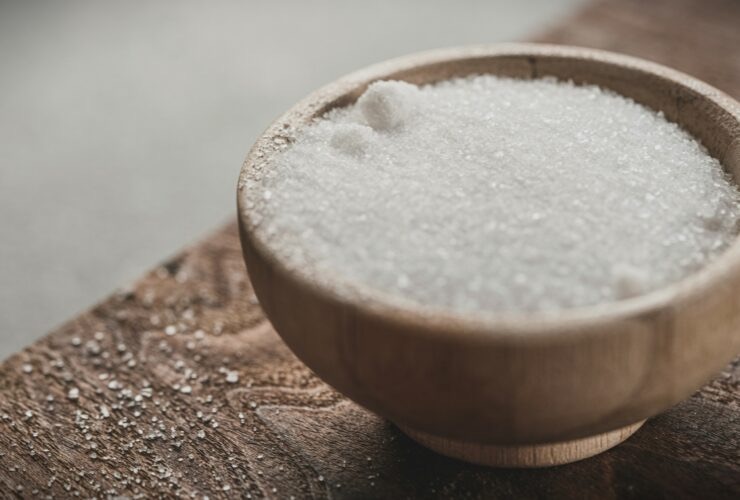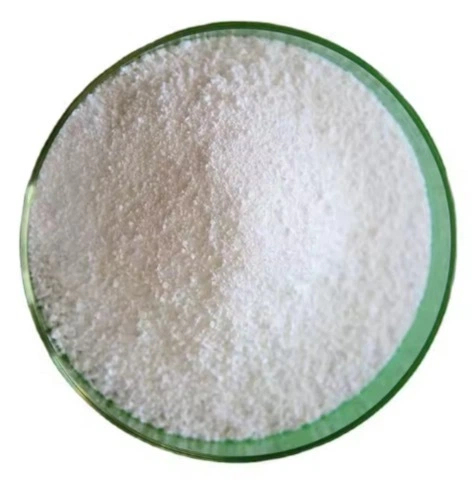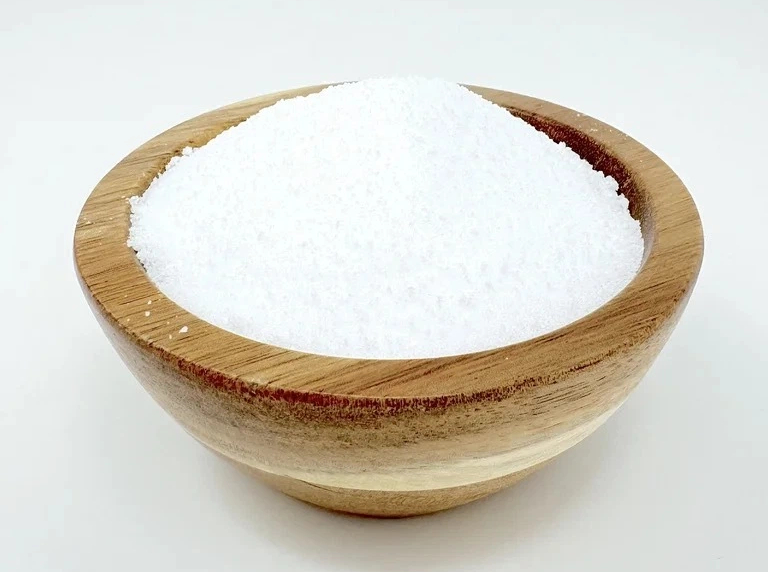Views: 222 Author: Sara Publish Time: 2025-08-27 Origin: Site








Content Menu
● Potential Side Effects of Maltitol
● Long-Term Safety and Metabolic Effects
● Comparison with Other Sweeteners
● Potential Additional Benefits
● FAQ
>> 1. How much maltitol syrup can I safely consume daily?
>> 2. Does maltitol syrup cause weight gain?
>> 3. Is maltitol syrup safe for diabetics?
>> 4. What are the common side effects of maltitol syrup?
>> 5. Can maltitol syrup trigger allergies?
Maltitol syrup is a sugar alcohol widely used as a sweetener in many sugar-free, reduced-calorie, and diabetic-friendly foods. Its popularity stems from its ability to provide sweetness similar to sugar but with fewer calories and a lower impact on blood sugar levels. This article examines maltitol syrup's properties, potential health benefits, side effects, safety, and how it compares to other sweeteners, providing a comprehensive understanding of whether maltitol syrup is bad for health.

Maltitol is a sugar alcohol derived from maltose, a sugar naturally occurring in starch. It is about 90% as sweet as sugar but offers roughly half the calories, containing approximately 2.1 calories per gram compared to sugar's 4 calories. Maltitol syrup, the liquid form, is commonly used in confectionery, baked goods, and syrups to sweeten foods while reducing caloric content.
Maltitol's lower calorie count makes it appealing for weight management and for those seeking reduced-calorie alternatives without losing sweetness in their diet.
Maltitol has a lower glycemic index—typically ranging from 35 to 52—compared to sucrose's index of around 60. This means maltitol causes a slower rise in blood glucose and insulin levels, making it more suitable for people with diabetes or those monitoring blood sugar.
Unlike sugar, maltitol does not promote tooth decay or cavities. Oral bacteria ferment maltitol less, leading to fewer acids that damage teeth. Some studies suggest chewing gum with maltitol helps reduce gingivitis and plaque formation.
A significant drawback of maltitol is its potential to cause digestive discomfort. Because maltitol is not fully absorbed in the small intestine, it gets fermented by bacteria in the colon, producing gas, bloating, and sometimes diarrhea. These effects are dose-dependent, with most people tolerating up to 30 grams per day, but higher amounts can lead to laxative effects.
Some individuals, especially those who are not accustomed to sugar alcohols, may experience gastrointestinal symptoms even at low intake levels. Those with irritable bowel syndrome (IBS) or sensitive digestive tracts should be particularly cautious.

Due to maltitol's laxative potential, many countries mandate warning labels on products containing high maltitol levels. If a food product contains more than 10% added maltitol or other polyols, it usually carries a warning that excessive consumption may have laxative effects.
Maltitol is classified as Generally Recognized As Safe (GRAS) by the U.S. Food and Drug Administration (FDA). Studies indicate maltitol at reasonable consumption levels poses minimal risk. However, there is emerging evidence suggesting that chronic consumption of low-calorie sweeteners, including maltitol, might be associated with unexpected metabolic effects such as weight gain or impaired blood sugar regulation over time. More research is needed to clarify these long-term impacts.
| Aspect | Maltitol | Sugar | Artificial Sweeteners |
|---|---|---|---|
| Sweetness | ~90% of sugar | 100% | Variable, often sweeter |
| Calories per gram | ~2.1 | 4 | Usually zero |
| Glycemic Index | 35-52 | ~60 | Usually zero or negligible |
| Tooth Decay Risk | Low (noncariogenic) | High | None |
| Gastrointestinal Issues | Possible with excess intake | Rare | Varies |
Maltitol is partially digested in the small intestine, but much passes into the large intestine where gut bacteria ferment it, producing short-chain fatty acids and gases. This fermentation can benefit gut microbiota by increasing beneficial bacteria such as bifidobacteria and lactobacilli, but it can also lead to the uncomfortable gastrointestinal symptoms mentioned.
Some animal studies suggest maltitol could have potential protective effects against colon cancer and may promote calcium absorption, contributing positively to bone health. Additionally, maltitol does not provoke allergic reactions commonly and is considered safe for people avoiding gluten.
Begin with small amounts if new to maltitol to assess tolerance. Monitor your body's response and avoid excessive consumption to prevent digestive discomfort. People with sensitive digestive systems or digestive disorders should consult healthcare providers before incorporating maltitol regularly.
Maltitol syrup is generally safe for most people and offers benefits such as reduced calories, a lower glycemic index, and dental health advantages compared to sugar. However, it can cause gastrointestinal discomfort if consumed in large quantities, and individuals vary in their tolerance. To avoid side effects, maltitol should be consumed in moderation. Overall, maltitol syrup is not inherently bad for you but should be used thoughtfully as part of a balanced diet.

Most individuals can tolerate up to 30 grams daily without significant side effects. New users should start with smaller amounts to gauge their personal digestive response.
While maltitol has fewer calories than sugar, overeating maltitol-containing products can still contribute to calorie intake and possible weight gain.
Maltitol has a lower glycemic index than sugar, making it a better option for blood sugar control. However, people with diabetes should still monitor their blood sugar levels when consuming it.
Common side effects include bloating, gas, and diarrhea, especially when consumed in high amounts.
Allergic reactions to maltitol are extremely rare and it is generally considered safe even for people with wheat or corn allergies.
[1](https://pmc.ncbi.nlm.nih.gov/articles/PMC7400077/)
[2](https://www.dietvsdisease.org/what-is-maltitol-is-it-safe/)
[3](https://pmc.ncbi.nlm.nih.gov/articles/PMC5093271/)
[4](https://draxe.com/nutrition/maltitol/)
[5](https://www.sciencedirect.com/topics/agricultural-and-biological-sciences/maltitol)
[6](https://www.health.harvard.edu/blog/how-healthy-is-sugar-alcohol-202312183002)
[7](https://www.sciencedirect.com/science/article/pii/S002231662301773X)
[8](https://health.clevelandclinic.org/what-to-know-about-sugar-alcohols)
